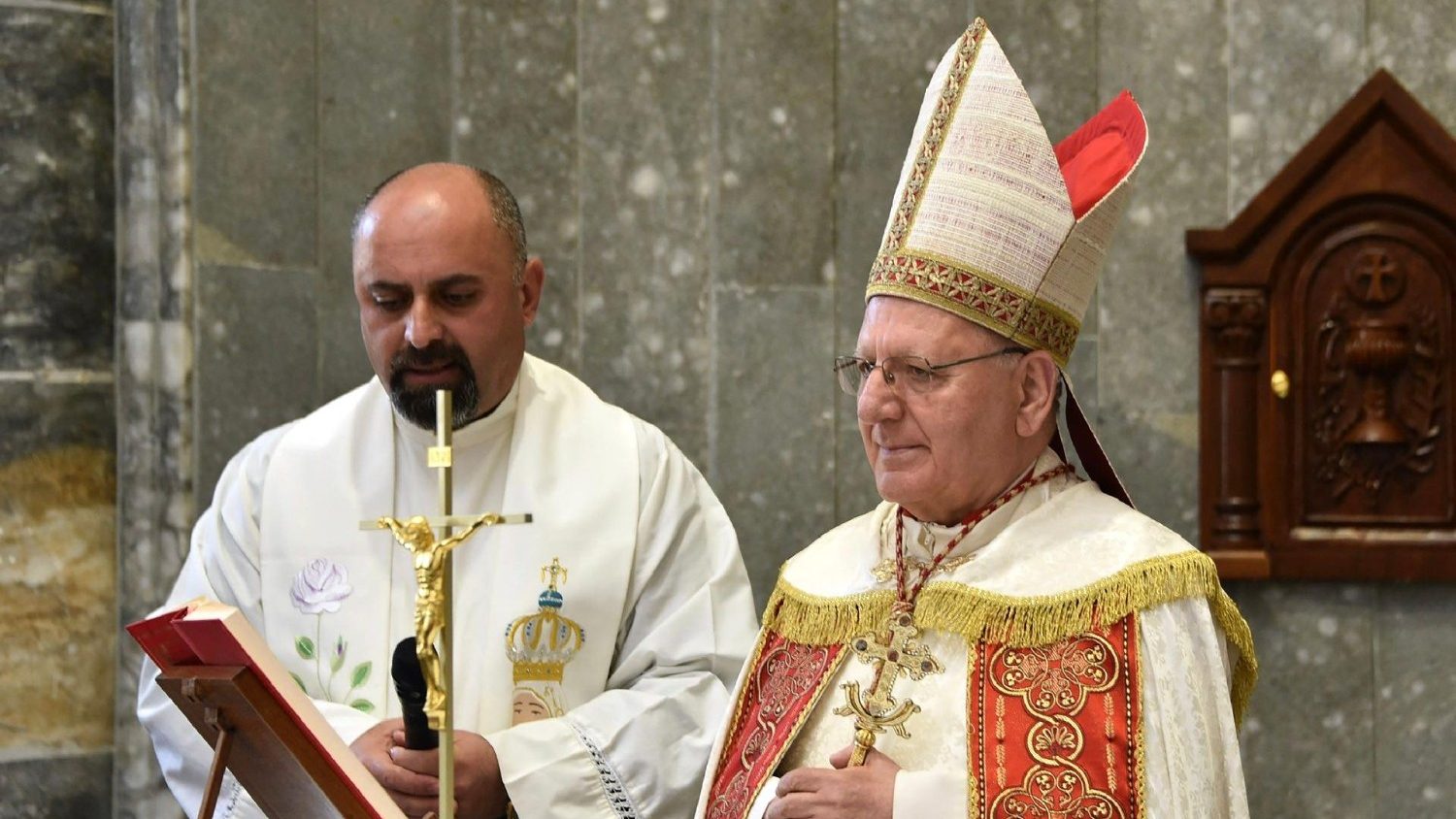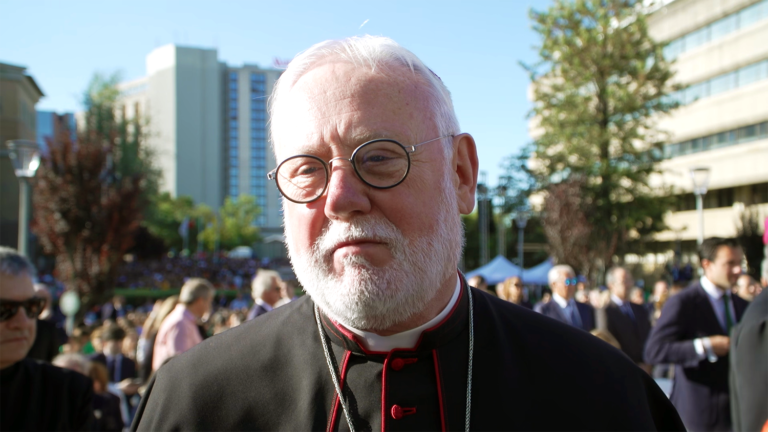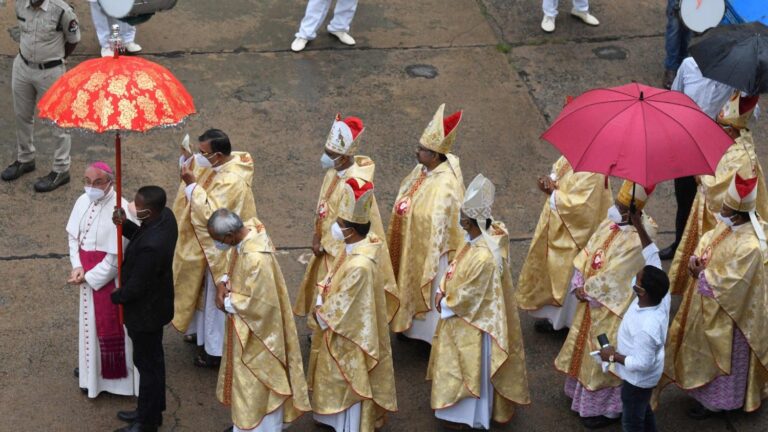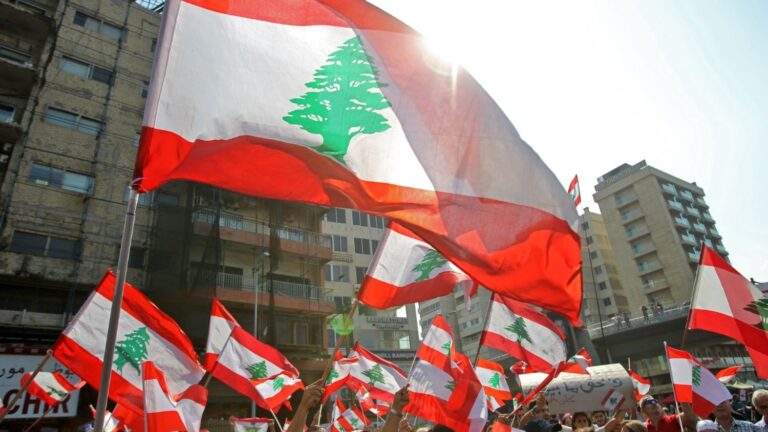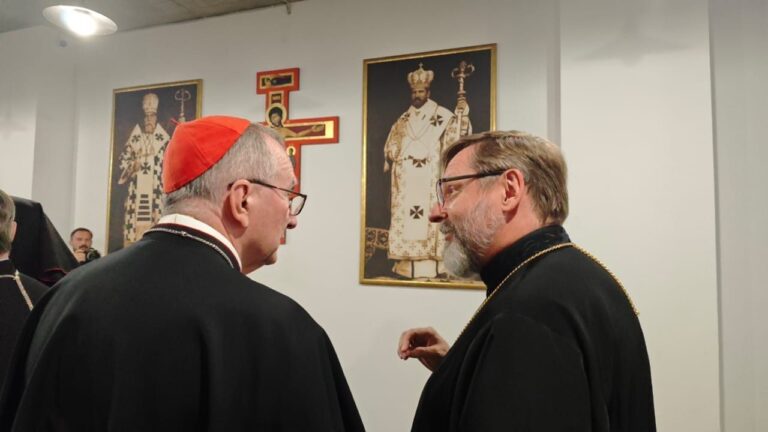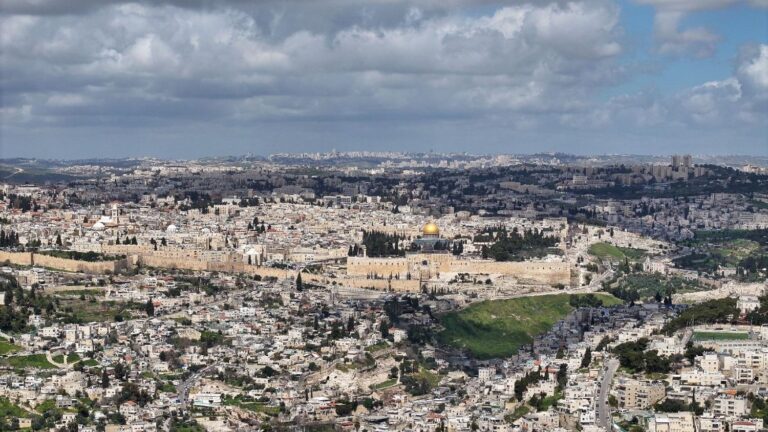Chaldean bishops insist on two-state solution in Holy Land
Vatican news
At the end of their annual synod in Baghdad, Iraqi bishops expressed their deep concern about the impact of the war in Gaza on the entire region and reaffirmed the two-state solution as the only path to lasting peace.
By Lisa Zengarini
As the war in Gaza threatens to spread further and engulf the entire Middle East, as Houthi rebels in Yemen and the Israel Defense Forces (IDF) engage in missile exchanges, the Chaldean bishops of Iraq have joined in insisting on a two-state solution in which Israel and Palestine can both live “in peace and security.”
In a statement iAt the close of their recent annual synod presided over by Cardinal Patriarch Raphael Sako in Baghdad, the Iraqi bishops expressed their deep concern over the many conflicts raging in the Middle East, “particularly in the Holy Land.”
While condemning “all forms of violence”, they urged the international community to always defend peace and to actively engage in putting an immediate end to this devastating war.
Two neighboring states living in peace, security and mutual trust
According to the Chaldean bishops, the only viable solution to the decades-long Israeli-Palestinian conflict is to create two neighboring states that live “in peace, security, stability and mutual trust.”
This position is strongly defended, among many others, by the Holy See, but it is firmly opposed by the current Israeli government, particularly after the Hamas terrorist attacks of October 7.
The agony of Christians in Iraq
The statement also focused on the Christian communities living in the region. Specifically regarding Iraq, the Chaldean bishops denounced the “agony” of Christians, “rooted in this land,” who, according to them, “have suffered greatly in the last two decades” from the deprivation of their rights, marginalization, exclusion and the illegal confiscation of their properties and assets.
They recalled that this situation and the continuing abuses have forced many of them to emigrate in search of a better life.
The bishops therefore called on the Iraqi government to “be fair in the way it treats Christians” by “building trust, strengthening national cooperation and benefiting from their skills to develop the country.”
Equal rights for all citizens in Iraq
The Synod again called on the Iraqi authorities to guarantee Christians the same political and civil rights as all Iraqi citizens: “We demand that their rights be fully respected as citizens with equal representation and employment, and we reject the seizure of their property” by certain groups that claim their exclusive rights, the statement said.
The Chaldean bishops took the opportunity to express their gratitude to Prime Minister Muhammad Shiaa Al-Sudani for his recent “courageous” decree that restored the government’s recognition of Cardinal Sako as head of the Chaldean Catholic Church and responsible for its endowments. The patriarch had refused to return to Baghdad for nearly a year, since President Abdul Latif Rashid revoked Decree 147 that recognized this status.
Priority is given to the Iraqi people, not to sectarian interests
The Synod expressed its hope that the government, as well as the official and political parties, will take “concrete steps to build peace and stability by implementing law and justice, restoring national unity, strengthening the concept of citizenship and providing adequate public services to ensure a decent life for all citizens,” also “by prioritizing the interests of the Iraqi people over those of any “limited” sectarian interest.”
Regarding the future of Christians in the region, the Chaldean bishops echoed Patriarch Sako’s call for unity and solidarity among them: “The main thing that should unite us is our faith and our land,” they said.
Unity and Solidarity of Christians in the Middle East
Expressing their “fraternal sympathy to the bishops of neighboring countries,” the bishops stressed that “the Church needs a new vision of the future” as well as “courageous practical measures to stabilize Christians in their land, preserving their identity, and also to enhance their role and presence” in society.
“Unity is our strength and our salvation,” they stressed. “Despite the wounds, we continue to love our countries and our citizens, and we wish to cooperate with them to spread a culture of coexistence, respect for the differences of others and the consolidation of hope, within a just and civil society,” the statement concluded.
Vatican news
sc
